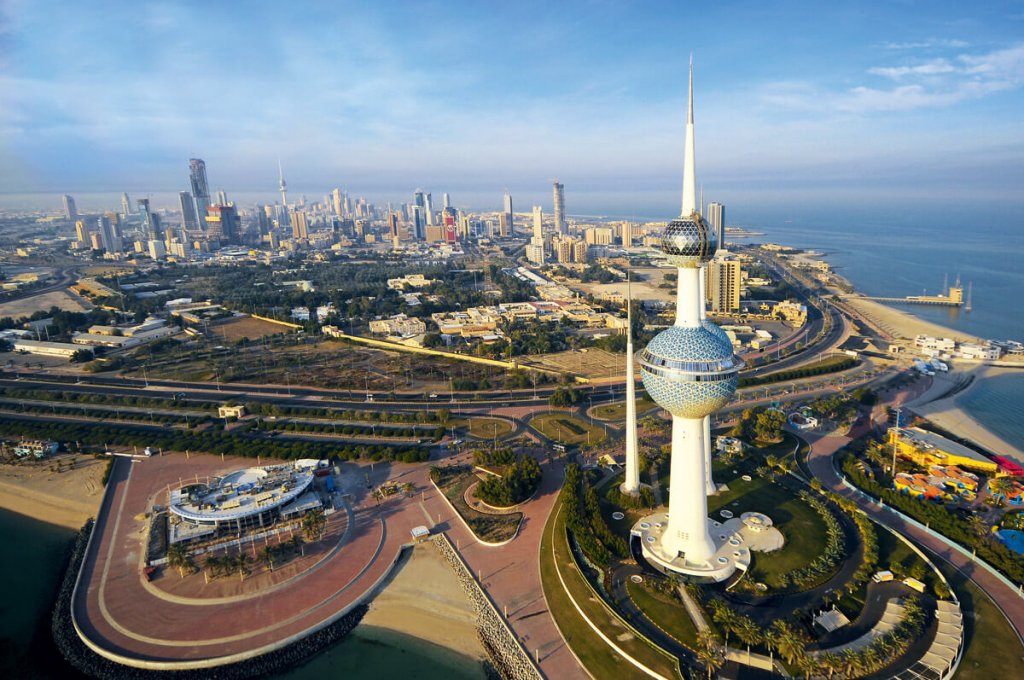We all know that mistakes in the business world can often be costly, but where translation errors occur the cost can be colossal as Kuwait authorities recently discovered.
The Kuwait authorities spotted an error in construction specs that, once corrected, saved them $23m on two projects alone.
The ministry of Public Works in Kuwait (MPW) discovered the fault in a document that had been deployed in specifying technical works since 1987, meaning it would have had a long standing financial impact on work undertaken since that time, and continued until the mistake was rectified this year.
The translation error, which apparently occurred in a translation from English to Arabic, concerned the calculation of concrete levels and groundwater.
The original English document proved to be correct but its translation into Arabic was erroneous and specified that more concrete than necessary should be used.
The cost of this one translation error alone is likely to have run onto millions of dollars over the intervening years, and is an example of the necessity of reliable translation services.While the initial cost of translation may seem high, it can be minimal when compared to the cost of mistranslation.
However, it isn’t only costs that can be affected through mistranslation.
According to a BBC news article online, Israeli police recently arrested a Palestinian man on suspicion of incitement due to a post he made on Facebook.
The post, which said “Good Morning” in Arabic was mistranslated to read “Attack them” and was posted with a photo of a man stood next to a bulldozer. These vehicles have been used in terrorist attacks in the past.
Unfortunately, Israeli police relied on Facebook’s automatic translation and no Arabic speaking officer was consulted before the arrest was made. Had they double checked the translation they would have noticed there is only one difference in lettering between colloquial Arabic’s “Good Morning to you all” and “hurt them”.
Facebook isn’t the only company to make translation errors.
Last year Google Translate offered “Mordor” as the appropriate translation for the Russian Federation. Mordor is in fact a fictional region in J.R.R Tolkien’s novels The Lord of the Rings.
Google suggested this mistake was due to the context in which the words were used, as Google Translate works by monitoring the pattern of frequently used words in hundreds of millions of documents.
In this instance though, the context was misinterpreted by Google Translate giving an inappropriate translation.
Erroneous translations cost businesses money, time and, on occasion, humiliation. Professional, human translation should be utilised to avoid these expensive mistakes as they can appreciate the nuances, context and culture of languages to a greater degree than machine translation.












